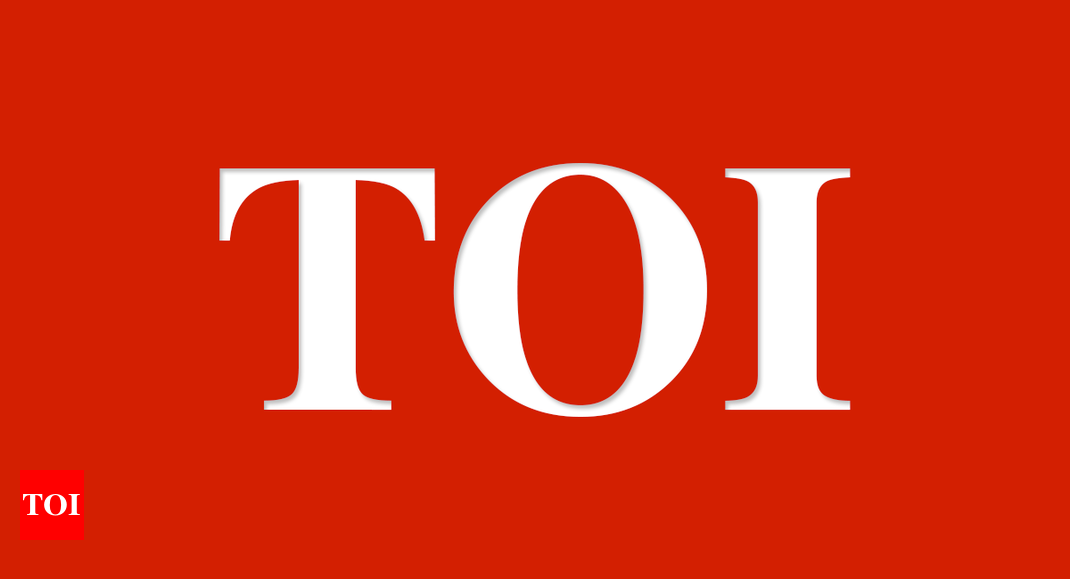Doubts of vaccine safety linger as India rolled out the so-called world's largest vaccination program starting this weekend. At least one death and 447 cases of side effects were reported among 224,000 people, reports said.
The vaccination in India is a test case that will determine whether the epidemic can be tamed by vaccination in developing nations, but Chinese observers doubt whether 300 million high-risk people in India can be covered, including healthcare and frontline workers, as it can scheduled and ensure a certain level of safety.
While India kicked off on Saturday what Indian authorities have called the "the world's largest vaccination drive" and boasted the safety of vaccines, the country reported one death-- a 46-year-old medical worker. He died one day after the vaccination, but doctors dismissed the direct link between his death to the vaccine safety.
The country inoculated more than 224,000 people in two days, and 447 adverse cases were reported, according to Hindustan Times.
India Today also reported on the first day of the vaccination program that of 4,319 health workers vaccinated, there was one severe and 51 minor cases of adverse effects.
India hopes to be one of the world-leading coronavirus vaccine providers as it eyes great global markets for the vaccine demand.
However, whether it is able to guarantee the safety and efficacy of the vaccines remains a question, Lü Mengtao, a medical industry observer, told the Global Times on Monday.
Despite starting mass vaccinations,
India's domestic vaccine has no clear data on its efficacy and safety, but Indian officials and media have sought to dispel the fears.
"
Fifty-one adverse cases out of 4,319 vaccinations are not a good rate for vaccine safety. If the death has a direct link with the vaccine, the vaccination process may have to be called off for the sake of public safety," Lü said.
Vaccines used in the program are the two authorized for emergency use earlier this month - one is Covishield, developed with British-Swedish biopharmaceutical company AstraZeneca and Oxford University, and the other one, Covaxin, was domestically developed by Indian firm Bharat Biotech.
Indian reports also said on the first day of the vaccine scheme,
a large number of registered health workers did not show up and Indian authorities are mobilizing them to receive shots.
In the first phase of the program, which will last until August, Indian plans to vaccinate 300 million high-risk people, but
Chinese observers said India may not complete the vaccination scheme as planned due to its limited medical conditions and a high level of population mobility in some rural areas and slums.










